Latin America Update, December 2013
In 'Latin America Update' Gateway House lists some of the important events in Latin America over the past month
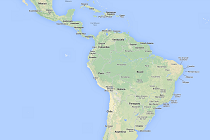 Courtesy: Google Maps
Courtesy: Google Maps
In 'Latin America Update' Gateway House lists some of the important events in Latin America over the past month
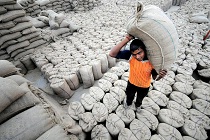 Courtesy: Neil Palmer (CIAT)/Flickr
Courtesy: Neil Palmer (CIAT)/Flickr
At the World Trade Organisation (WTO)’s ongoing ninth Ministerial Conference, the focus of several countries is on food security. What does the proposed ‘Peace Clause,’ mean for developing nations? What are the complex factors at play in the decision-making process, in the ongoing meeting?
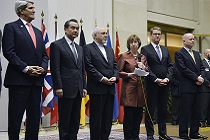 Courtesy: European External Action Service
Courtesy: European External Action Service
On November 24, the P5+1 and Iran reached a consensus on the interim agreement regarding Tehran’s long-disputed nuclear program. How comprehensive is this agreement, and what are its potential upshots for U.S., and West Asia – especially Israel and Saudi Arabia? More importantly, can India play a positive role?
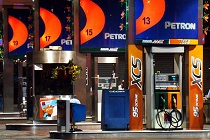 Courtesy: counting chest bullets/Flickr
Courtesy: counting chest bullets/Flickr
In recent years, U.S. oil and gas imports have declined due to the development of shale resources in the country. How will the production of shale oil, increase in oil production by non-OPEC countries, supply disruptions in West Asia and economic growth in India and China impact global crude oil prices?
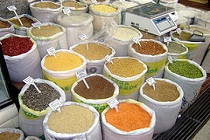 Courtesy: Rigues/Flickr
Courtesy: Rigues/Flickr
A recent UN report praises governments for promoting the right to food. At the same time, India’s Food Security Act will encounter resistance at the WTO meeting in Bali in December. Can India play an exemplary role in the global power struggle over food security?
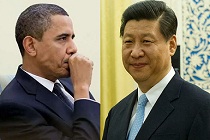 Courtesy: Systemman, Erin A. Kirk-Cuomo/Wikimedia Commons
Courtesy: Systemman, Erin A. Kirk-Cuomo/Wikimedia Commons
The U.S. government shutdown and President Obama’s absence gave China immense diplomatic and political space at the APEC and East Asia Summit meetings. China’s declaration of a “de-Americanised” world may be premature but the crumbling old order is doing little to dispel this notion
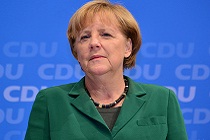 Courtesy: www.GlynLowe.com/Flickr
Courtesy: www.GlynLowe.com/Flickr
It may take Chancellor Angela Merkel weeks to negotiate a new coalition, but the vote for stability means that change will only be at the margins of current domestic and foreign policy. Still, the fallout of the election in the EU and beyond, including in India, should not be underestimated
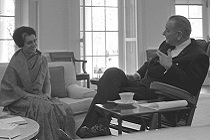 Courtesy: Jerchel/WikimediaCommons
Courtesy: Jerchel/WikimediaCommons
India often finds itself in the right place at the wrong time or vice versa, as our dogma of non-alignment trumps honest calculations of self-interest in policy-making – rendering it unfavourable. The national interest, hence, calls for selective alignment on some issues with Washington and on others with Beijing
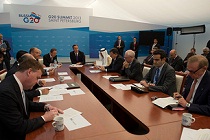 Courtesy: The Prime Minister's Office/Flickr
Courtesy: The Prime Minister's Office/Flickr
Global institutions responsible for price discovery and speculation in commodities are suspected of fuelling price hikes. With the world experiencing turmoil in the food and energy markets, fixing the global pricing architecture for commodities should be the priority for the G20
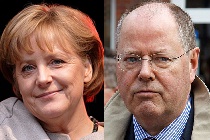 Courtesy: WikimediaCommons
Courtesy: WikimediaCommons
German foreign policy can be described as one anchored in the European and NATO alliance while being the economic centre of Europe. Yet, any government that comes in after the September 22 elections will be challenged by rapid developments in West Asia and elsewhere in a politically and economically turbulent world